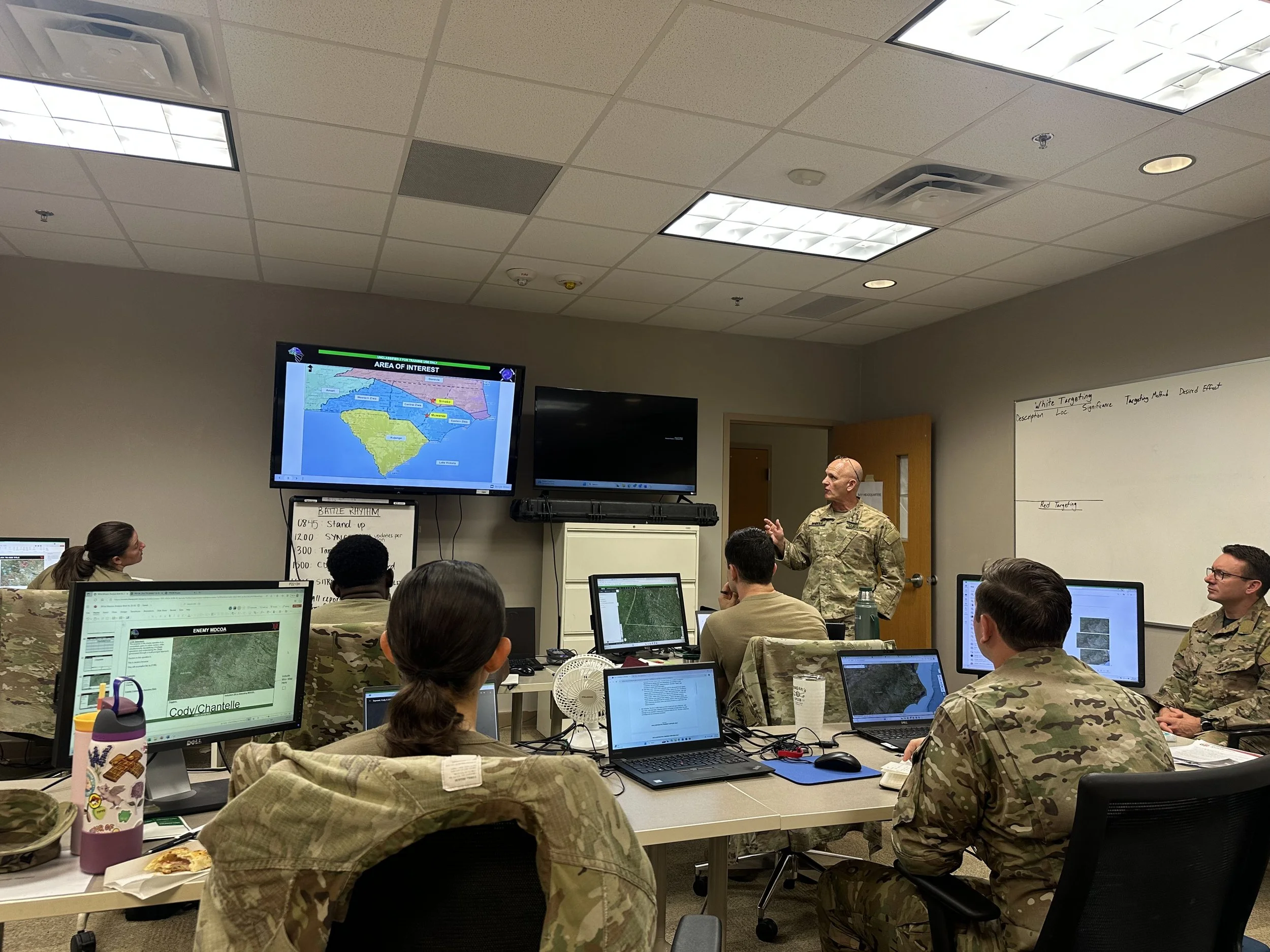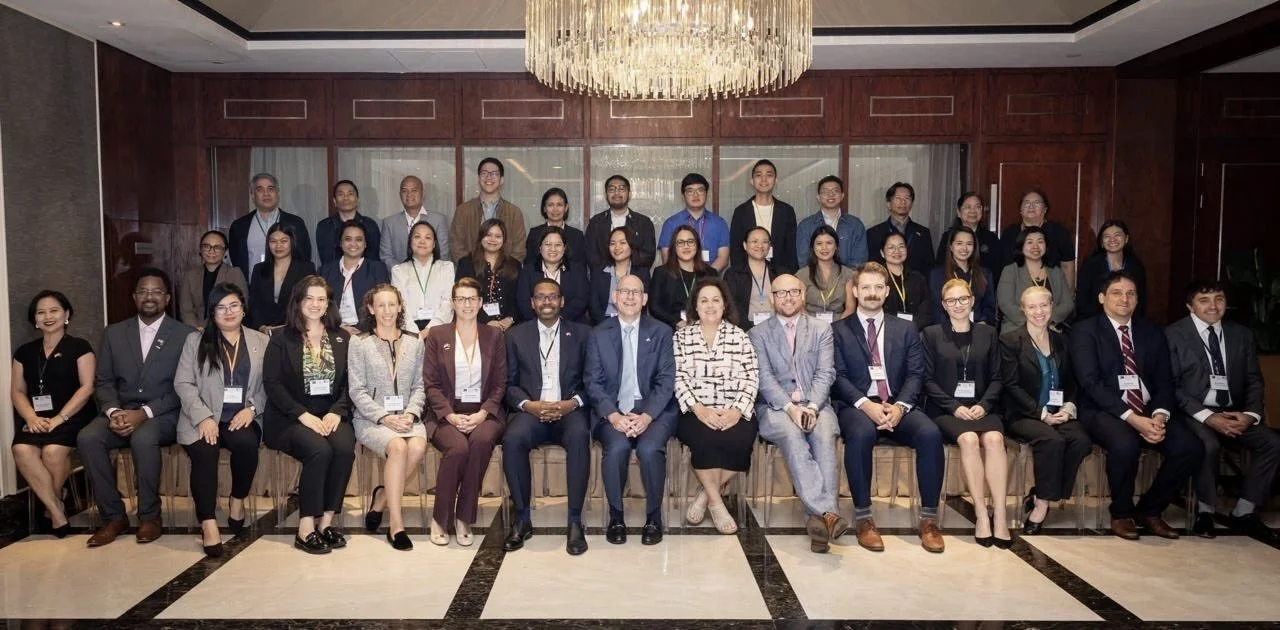Program Highlight: ATLAS LION TTX
On 10-11 JUNE 2025, Motive delivered a first-of-its-kind, AI-powered HQ certification tabletop exercise (TTX) for the 91st CA BN (SO)(A). The TTX, called Atlas Lion, fulfilled an Army requirement to certify a unit on highly nuanced critical tasks - but with greater rigor and at a fraction of the time and cost of a traditional exercise. This was possible thanks to Motive’s innovative TTX model, which leverages advanced technology, domain expertise, and exercise best practices in truly novel ways. This highly scalable, customizable model is ideal for single MOS or cross-functional elements seeking to harness the power of Next Generation TTXs for training or problem-solving.
Highlights
Scenario Complexity: Motive tuned AI “context frames” to exercise objectives and set parameters to adapt the scenario in response to training audience (TA) moves. The result? Atlas Lion’s LSCO scenario featured limitless complexity but without the incoherence or chaos of a typical exercise.
Scenario Dynamism: We used GenAI to produce multimedia injects, including simulated agentic bot characters, to create an immersive training environment and support high-quality dynamic scripting.
Rigorous Analytics: Custom AI workflows took in 1000x the data volume compared to a typical human Observer Controller (OC), analyzed TA actions against a custom assessment rubric, and generated robust analytics reports on task proficiency, risk level, and other actionable insights.
Minimal Manpower: Motive TTXs require zero dedicated OCs, minimal support from the sponsor unit, and rely on a lean Motive delivery team capable of running the exercise while also simulating dozens of characters.
Integration with Army Tools: Atlas Lion ran on commercial systems in parallel to Government networks, enabling the use of advanced tech and access to NIPR software and systems by the TA. This optimized for ease, cost, security, and realism.
In addition to agentic AI characters, Atlas Lion featured live role players like Motive SME & former real-world SOTF CDR, COL (ret) John Maraia (above, standing) to ensure realism & responsiveness.
Typical military exercises rely on “go/no-go” scoring by human OCs limited by what they see or hear. Atlas Lion leveraged technology to ingest audio, visual, text, and graphic data from the TA, and AI + human SMEs to assign and adjudicate scores based on 1000s of data points for a far more rigorous and accurate assessment.











